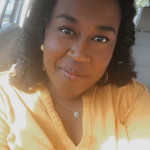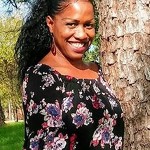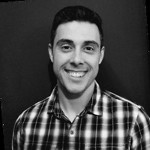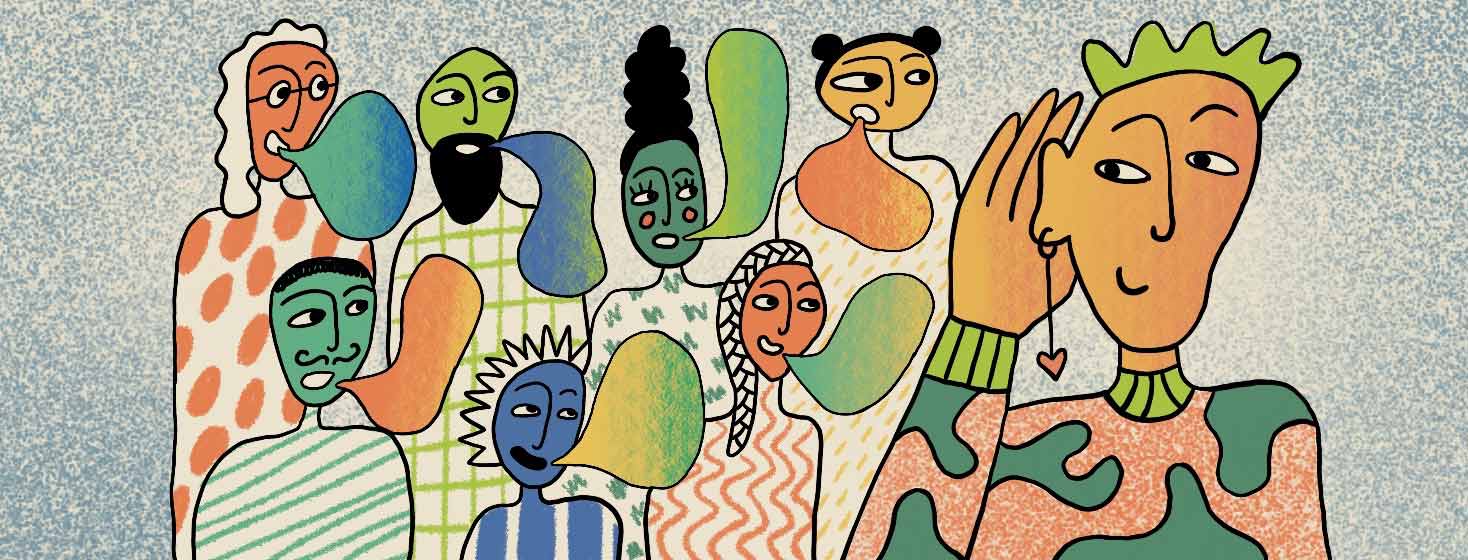How to Be an Ally for the HIV/AIDS Community
Empowering each other through connection and support is important now more than ever. Many people living with HIV/AIDS are able to find support within their community. However, our 2019 recent survey found that 48 percent of people living HIV/AIDS felt like people judged them for being HIV positive and 41 percent said that they were receiving emotional support to cope with living with their condition.
Because of this, allyship is a crucial part of creating meaningful change that allows people to be seen, heard, and validated. So we asked community advocates for H-I-V.net: What are some ways that people can be an ally for the HIV/AIDS community? Here are their responses!
Allyship for the HIV/AIDS community
 "I think if someone is brave enough to share their diagnosis with you, honor them by actually listening to why they wanted you to know something so personal. That person trusts you and you should not disclose someone’s personal information to anyone else. Educate yourself; don’t expect other people to educate you. Understand transmission modes and that we are not a harm to you or anyone else.
"I think if someone is brave enough to share their diagnosis with you, honor them by actually listening to why they wanted you to know something so personal. That person trusts you and you should not disclose someone’s personal information to anyone else. Educate yourself; don’t expect other people to educate you. Understand transmission modes and that we are not a harm to you or anyone else.
Most of all, if someone tells you that they are living with HIV, ask THEM how they would like your support: some may want your compassion, some may want support, and some may want just to say it out loud. No person living with HIV has the same experience, so everyone needs a different kind of ally." - Kalvin
 "Basically, listen to us. We are not a monolith. Our diagnosis may be charted to provide statistics that create funding for programs, but our individual lived experiences are not one-size-fits-all. Value that as much as you value researchers and funders. Our lived experience should be informing the resources created, not the other way around.
"Basically, listen to us. We are not a monolith. Our diagnosis may be charted to provide statistics that create funding for programs, but our individual lived experiences are not one-size-fits-all. Value that as much as you value researchers and funders. Our lived experience should be informing the resources created, not the other way around.
On the other hand, we are still patients that do not always have the capacity or desire to advocate all the time. When we are patients, it should be an equal meeting of the minds to find the best practice of care for us individually, not a space where I am fighting things like having to reschedule labs because I don’t have transportation. We are our most vulnerable when we are in the process of managing our care and need compassion no matter what level of expertise we operate in. Just listen to us." - Kamaria
 "Others can be an ally by educating themselves first and then sharing what they have learned with family and others in the community. You don't have to be living with HIV to advocate. Believe it or not, the HIV community needs more people to be an ally." - Dee
"Others can be an ally by educating themselves first and then sharing what they have learned with family and others in the community. You don't have to be living with HIV to advocate. Believe it or not, the HIV community needs more people to be an ally." - Dee
 "Listen. Truly listen, without interjecting. Don't assume the end of a sentence and don't assume you can truly place yourself in the shoes of others; hear their stories. Within narratives will be a combination of needs, barriers to those needs, and strengths that could be applied to the barriers. Help, only after listening, re-author the narrative, pointing out strengths without trivializing the challenges to which they might be applied." - Nicholas
"Listen. Truly listen, without interjecting. Don't assume the end of a sentence and don't assume you can truly place yourself in the shoes of others; hear their stories. Within narratives will be a combination of needs, barriers to those needs, and strengths that could be applied to the barriers. Help, only after listening, re-author the narrative, pointing out strengths without trivializing the challenges to which they might be applied." - Nicholas
The HIV in America 2019 survey was conducted online from July through September of 2019. A total of 400 people completed the survey.

Join the conversation